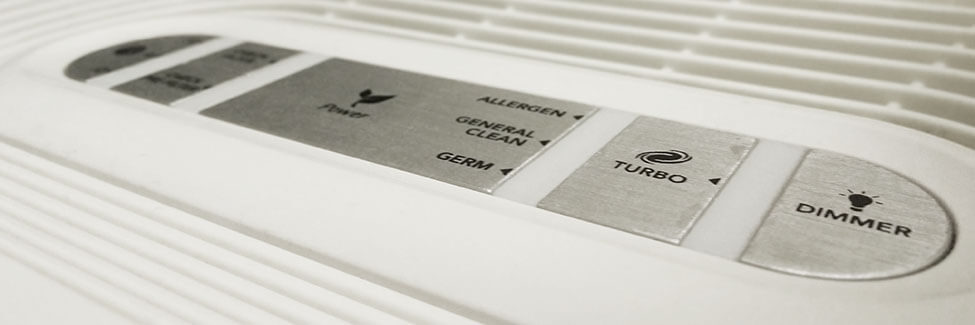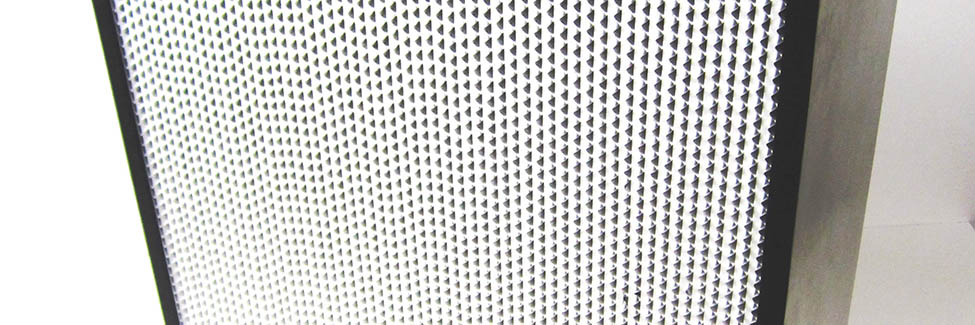
What You Need to Know About HEPA Filters
High-Efficiency Particulate Air (HEPA) filters are considered the gold standard in the world of air purifiers. HEPA filters are designed to allow less than 0.03% of particles in the air to pass through and are used in sensitive areas like hospitals and airplanes. Created as Department of Energy standard, HEPA filters are capable of removing 99.97% of particles that are 0.3 microns (0.000012 inches) or larger.
HEPA was first introduced for commercial use in the 1950s and was initially focused on industries like manufacturing, healthcare, airlines, and food before being used more widely in homes and vehicles.
HEPA filters are designed to trap particles from the air and keep them from entering your home. This is accomplished by trapping particles in the filter casing and preventing them from being released into the air. HEPA filters use a fine mesh that traps tiny particles, sometimes referred to as “ultrathin” particles, which are far smaller than the width of a human hair. HEPA filters trap all types of particles, but they’re especially effective at trapping fine dust, pollen, mold spores, and other allergens, which can exacerbate allergies.
In addition to trapping particulates, HEPA filters can contain a carbon element that absorbs odors and neutralizes harmful chemical compounds in the air. This carbon element can also remove some form of odor from the air if present.
Similar to HEPA, a MERV rating is a measure of how well a filter can trap particles in the air. The higher the number, the better the filter can trap particles. HEPA filters are generally designed to have a MERV rating of at least 13. Many filters designed for homes are rated at MERV 13 or higher.
Many modern air purifiers use HEPA filters, however true HEPA filters can be expensive and complicated to manufacture, requiring a great deal of engineering and testing. That said, not all HEPA filters are created equal, so be sure to research more about an air purifier model’s filter depending on your use case.
Looking for recommendations on buying air purifiers? Read our guide: The 4 Best Air Purifiers.
Still have questions? Ask an HVAC expert directly via chat or phone.
Published on 2021-04-11 by Ben Travis
Last updated on 2022-02-13


